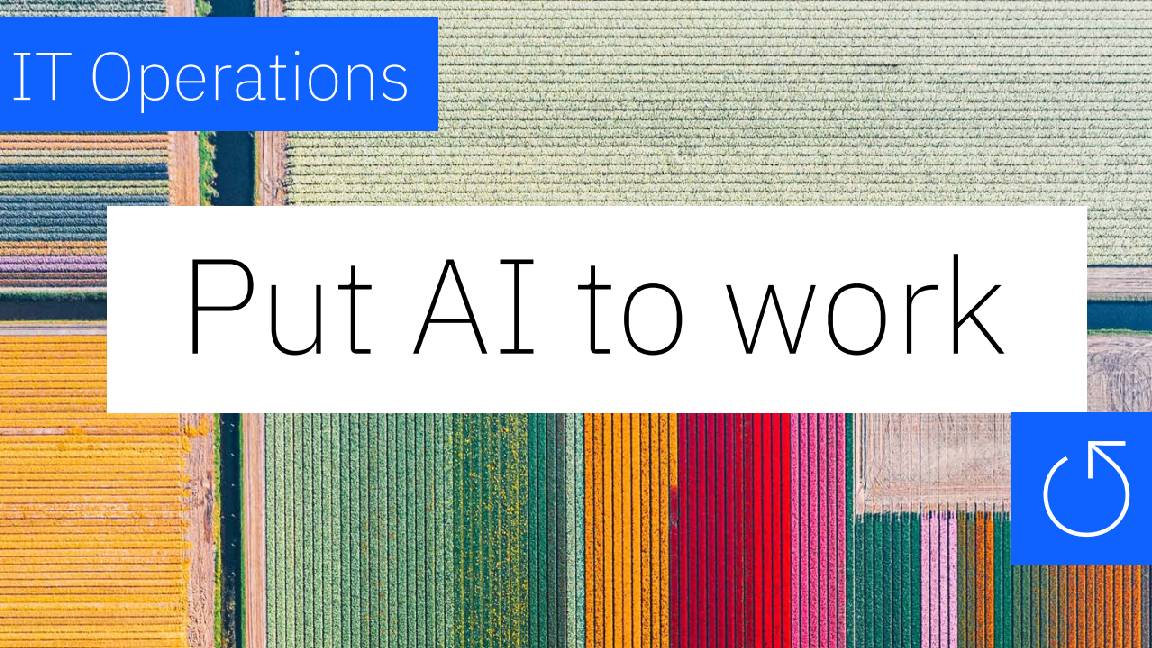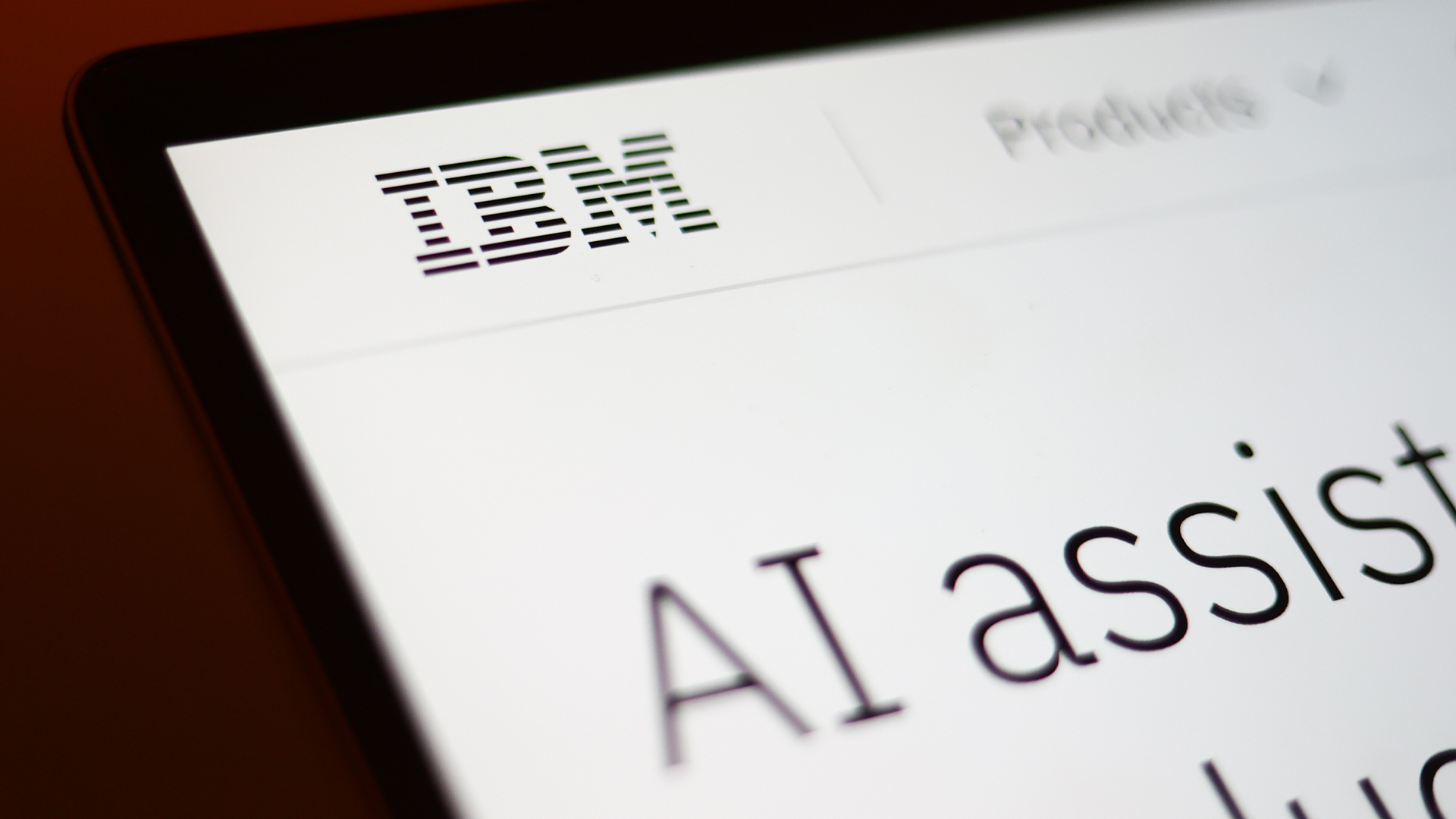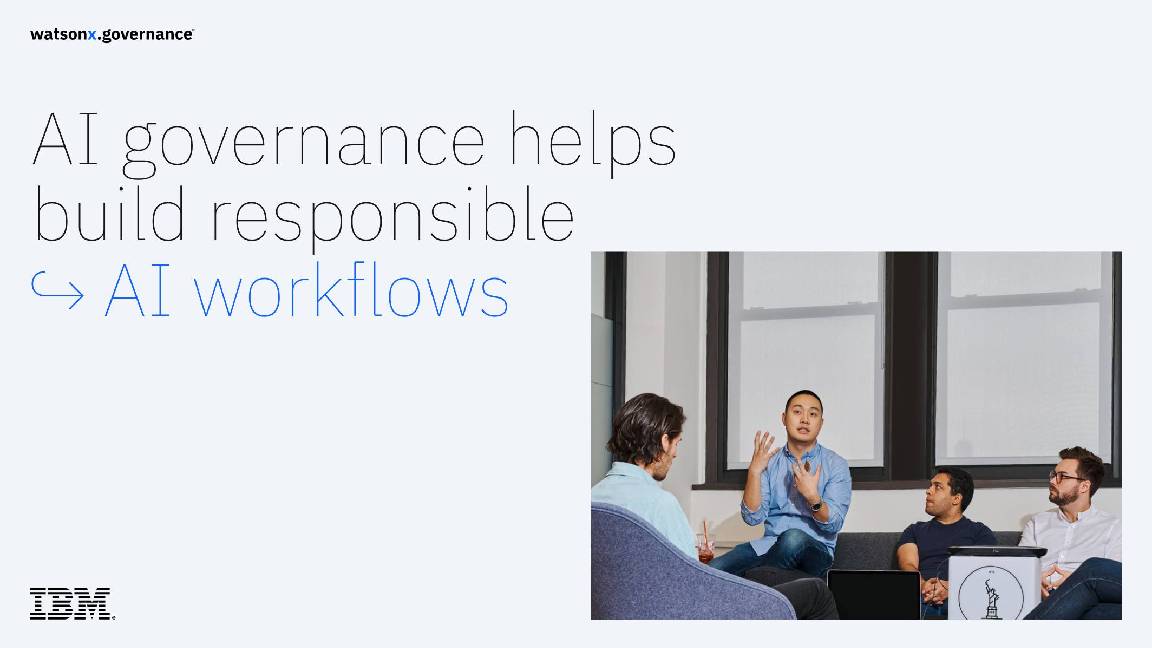CEOs are pushing too hard on generative AI adoption — and workers aren't happy
CEOs are prioritizing speed and competition over employee satisfaction in the generative AI boom


Sign up today and you will receive a free copy of our Future Focus 2025 report - the leading guidance on AI, cybersecurity and other IT challenges as per 700+ senior executives
You are now subscribed
Your newsletter sign-up was successful
Nearly two-thirds (61%) of CEOs are adopting generative AI more quickly than workers are comfortable with, a new IBM study suggests, with many pushing hard on maintaining a competitive edge.
While CEOs acknowledge this discomfort, the study found a sizable amount (64%) said their organization must take advantage of technologies that are outpacing employee’s ability to adapt.
By contrast, less than half (44%) of respondents reported that they had “assessed the impact” of generative AI on their workforce.
With 62% claiming a willingness to take more risk to maintain a competitive edge, the report highlights a clear disconnect between the broader workforce and C-suite decision makers.
CEOs are firing on all cylinders, IBM said, with 43% set to “increase the tempo” of organizational change and 62% accepting the need to rewrite their “business playbook” to succeed. Staff, by comparison, don’t have the same mindset.
“Part of the issue is that many people think they’re training their replacement. Despite the fact that business leaders consistently say this technology will support human employees — not replace them — employees remain skeptical,” the report stated.
There is a lack of direction from a C-suite level, meaning CEO enthusiasm is not translating into clear rationales or objectives for individual staff members.
Sign up today and you will receive a free copy of our Future Focus 2025 report - the leading guidance on AI, cybersecurity and other IT challenges as per 700+ senior executives
While 81% of respondents said that “inspiring their team” with a common idea is better at producing results than having precise targets, 36% acknowledged that employees don’t “fully understand” the effect that strategic decisions have on them.
Similarly, although three-quarters of CEOs said trustworthy AI is “impossible” without organizational governance, only 39% stated that they had such governance in place.
Nearly two-thirds (64%) noted, however, that success with AI will depend more on the adoptive process of people than the technology itself, highlighting that more work needs to be done on a practical level to respond to employee needs.
“If people understand how generative AI can make their jobs easier—and more rewarding—organizations could see a major uptick in adoption,” the report stated.
What can CEOs do to solve the issue?
According to the study, there are three key ways in which businesses can more effectively adopt their strategies to foster more enthusiasm and direction in their workforces.
Eliminating friction in the employee experience is vital in the first instance, IBM said. CEOs must locate the paint points creating “employee pushback” on the adoption of AI tools to deliver improvements and create an aligned strategy.
Similarly, CEOs should focus on the tools that will make staff workloads easier and more rewarding, paying close attention to processes that are “slow, inefficient, or create unnecessary work for employees”.
There should also be a shift towards investment that will “inspire change,” IBM said, with the priority needing to be put on incentivizing adoption through rewards for those who alter their roles to use the technology.
Training is important, particularly that which teaches employees how best to use generative AI “to their advantage”, and CEOs need to ensure that “governance, technology, and talent are prepared” to optimize the value of generative AI.

George Fitzmaurice is a former Staff Writer at ITPro and ChannelPro, with a particular interest in AI regulation, data legislation, and market development. After graduating from the University of Oxford with a degree in English Language and Literature, he undertook an internship at the New Statesman before starting at ITPro. Outside of the office, George is both an aspiring musician and an avid reader.
-
 Stop treating agentic AI projects like traditional software
Stop treating agentic AI projects like traditional softwareAnalysis Designing and building agents is one thing, but testing and governance is crucial to success
-
 PayPal appoints HP’s Enrique Lores in surprise CEO shake-up
PayPal appoints HP’s Enrique Lores in surprise CEO shake-upNews The veteran tech executive will lead the payments giant into its next growth phase amid mounting industry challenges
-
 Put AI to work for IT operations
Put AI to work for IT operationswhitepaper Reduce the cost and complexity of managing hybrid applications
-
 AI in the retail industry is spreading beyond the IT department
AI in the retail industry is spreading beyond the IT departmentNews AI has become a strategic imperative for retailers, delivering marked productivity gains
-
 Maximizing contact center operations with generative AI assistants backed by responsible AI principles
Maximizing contact center operations with generative AI assistants backed by responsible AI principleswhitepaper Reduce the cost and complexity of managing hybrid applications
-
 IBM just launched powerful new open source AI models – here’s what you need to know
IBM just launched powerful new open source AI models – here’s what you need to knowNews Available under the Apache 2.0 license, IBM's Granite 3.0 models are trained on enterprise data and can out-perform the competition
-
 Achieving business outcomes with generative AI
Achieving business outcomes with generative AIWebinar Take your hybrid cloud journey to the next level with generative AI
-
 Wimbledon’s new Catch Me Up AI feature promises to keep fans up to date at the tournament – after it irons out some of the wrinkles
Wimbledon’s new Catch Me Up AI feature promises to keep fans up to date at the tournament – after it irons out some of the wrinklesNews The latest feature to come out of IBM’s partnership with Wimbledon will keep fans engaged from the early stages right through to the final with dynamic player insights
-
 AI demands new ways of data management
AI demands new ways of data managementwhitepaper The data leader’s guide for how to leverage the right databases for applications, analytics and generative AI
-
 AI governance for responsible transparent and explainable AI workflows
AI governance for responsible transparent and explainable AI workflowswhitepaper Build greater trust in your AI